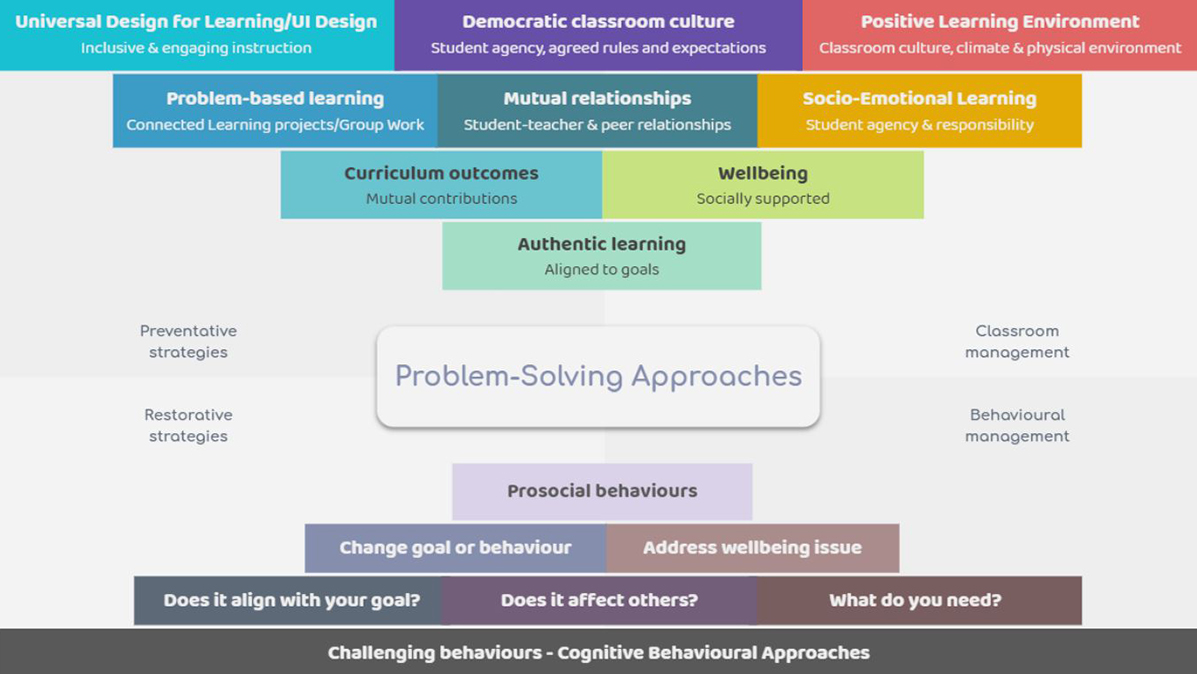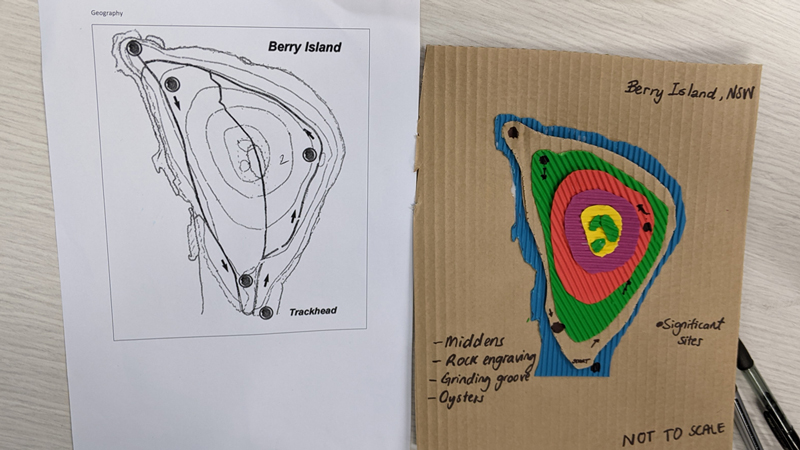RESEARCh PROJECT
This project is part of the Pedagogy for Positive Learning Environments (102082) subject at Western Sydney University, co-ordinated by Dr Roberto H Parada. This assessment inestigates reasons for student misbehaviours in secondary school environments. This combines literature review of research in a global context with localised qualitative interviews about attitudes towards the cause of student misbehaviour in class. This is triangulated by comparing and contrasting the results. I conducted the research in adherence to ethics protocol outlined in the report (full version below). A sample of 6 people were interviewed online via Zoom. Participants include teachers, parents, pre-service teachers, non-teachers and speech pathologists. The interview was informal and a questionaire was not administered to enqure organise development of qualitative data.
The focus question for the conversational interviews:
In your opinion, why do young people misbehave in school?
Research Report
The full report of the research process and result is available below. This includes the literature review, interview findings, synthesis of results and implications for praxis. The evolution of my personal awareness and teaching practice is also summarised. In short, diverse perspectives were offered about why young people misbehave in school, with teacher participants often offering much more in depth analysis and solutions to behavioural management. Perception of misbehaviour is often subjective, informed by a two-way relationship between the student and teacher and is not caused by the student, nor definitive of the student. Content, discomfort, unmet needs, external factors and teacher competence, are all factors which may impact student behaviour. Professional engagement, with availability of shared data for professional development may assist with better student-teacher relationships which correlates with direct effect to student behaviour. Not all behaviour is negotiable and often need to be managed based on circumstances. Experience and giving students space to voice concerns for their education can be key for stronger engagement. This research is conducted with many limitations which may affect it’s accuracy and representation. This is outlined in the report below.



